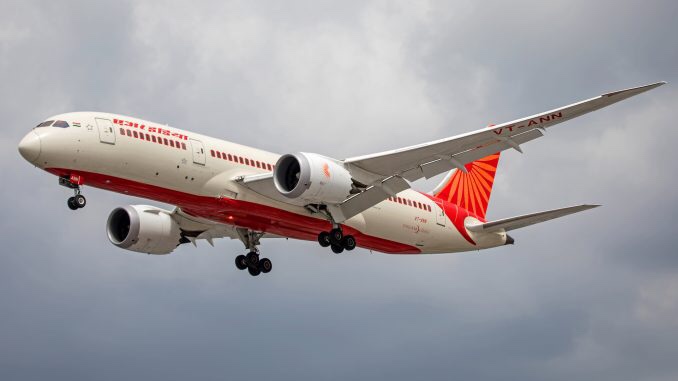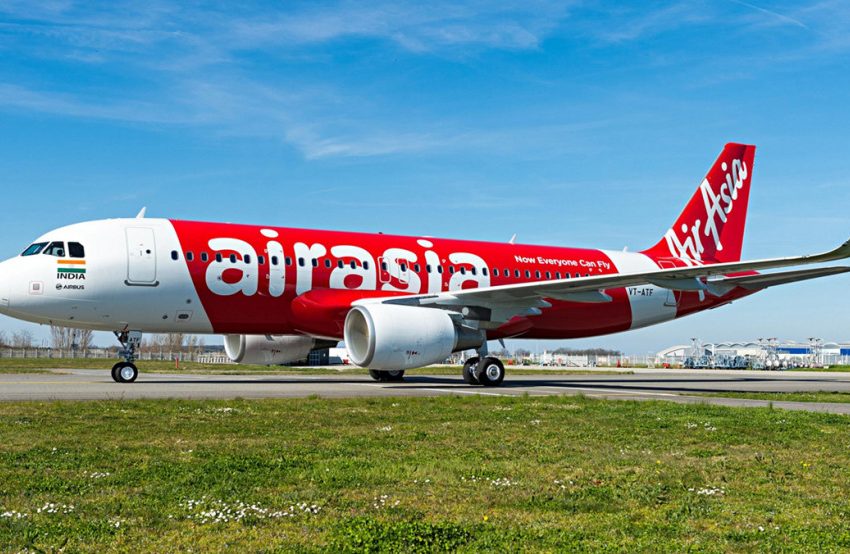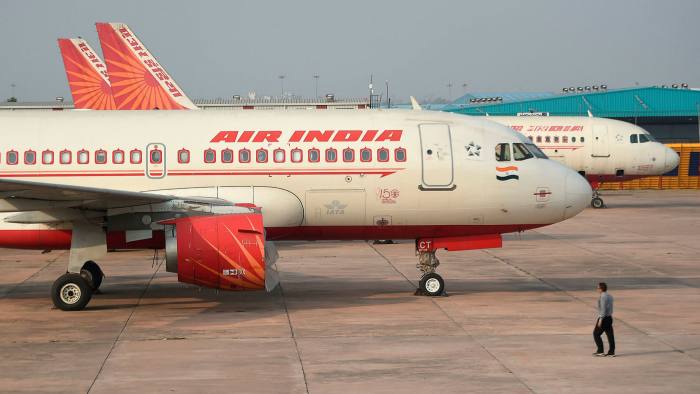TAAI Office Bearers and the Airline Council had a very positive meeting with senior officials of AirIndia, Nipun Aggarwal, CCO, Melwin D’Silva ED Commercial and Rajender Nath, GM , Marketing, recently.
Jyoti Mayal, President TAAI interacted in-person, whereas Jay Bhatia, VP, TAAI, Lokesh Bettaiah, HSG, TAAI, Shreeram Patel, Treasurer, TAAI and Paras Lakhia, Chairman, TAAI Airline Council joined the meeting virtually.
“We are extremely pleased to share that the main agenda of the meeting was to push to open all Flight inventories for authorised IATA agents, which was immediately actioned by AirIndia, specially the CANADA inventory has been reactivated effective 14th June on the GDS,” said TAAI.
In addition, TAAI had positive constructive discussion on the following points:
Travel Agents Remuneration – Agents invest heavily in being IATA recognised, setting up their infrastructure & resources well as generating business. AirIndia, now a TATA group company should take the initiative to remunerate authorised IATA Travel Agents with a reasonable remuneration of the fare. This positive step shall instil the confidence of their partnership and support for their largest distribution channel, the Travel Agent community. Travel Agents shall be motivated to sell more of AirIndia and will increase their loyalty to a great extent.
Web Parity – Web parity on all fares should be maintained while distributing the inventory over the Online and Offline platform. Maintaining parity would ensure the Travel Agents aren’t forced to discount their Markups/Margins in order to secure business.
More Connectivity – More direct flights should be started for Domestic and International destinations. Post Covid, Travel has opened up worldwide and there are a lot of opportunities to grab. AirIndia assured that they have roust plans for expansion of AirIndia and we shall get a lot more new exciting routes/destinations in times to come with new Aircrafts also being inducted.
Call Centre – There should be effective and dedicated Call Centre assistance for Travel Agents and passengers so that their queries can be effectively addressed.
Regular Meetings – TAAI suggested to have regular meetings at State level and National level which shall help in disseminating important information and brainstorming over any matters. Together we can create great synergy and strong partnerships.
AirIndia briefed TAAI during the meeting about their further plans on revamping and transformation of AirIndia in the times to come.
Aggarwal also briefed on the further expansion plans and the efforts being put in to improve the overall experience of flying AirIndia. AirIndia also requested TAAI to submit their suggestions to the Airline so that they can work on the same in the benefit of the Travel Agents.





